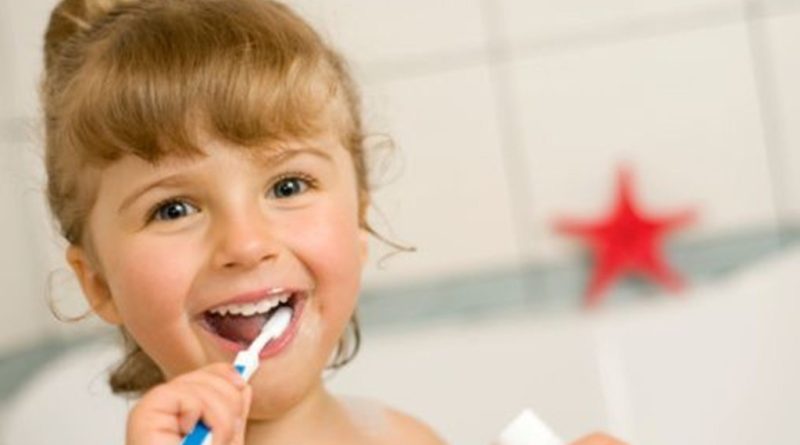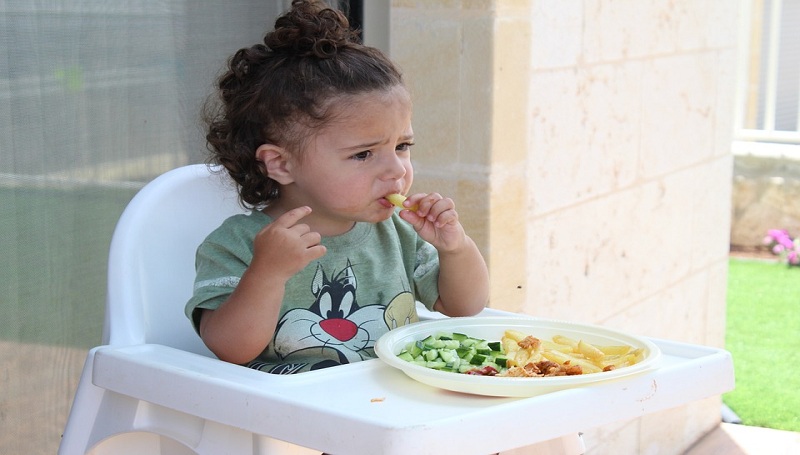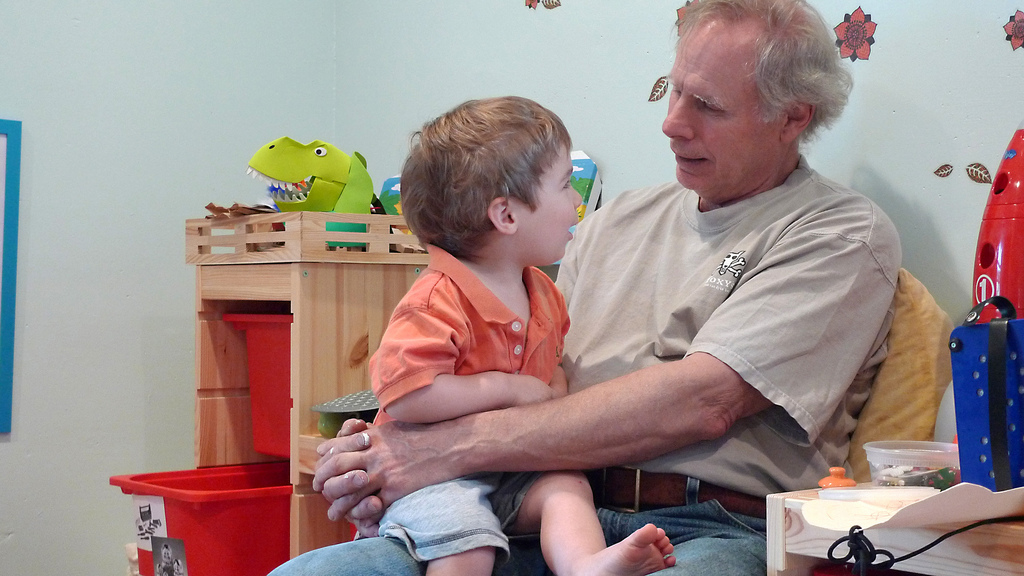5 Ways To Train Your Kids To Practice Healthy Dental Routines
Dental health is vital to overall health. Studies have shown that problems in the mouth can cause health problems with the heart as well as other vital organs. Bacteria in the oral cavity can actually travel through the bloodstream, posing a risk to the proper function of the body. Essentially, when you train your kids to practice healthy dental routines, as advised by The Country Dentist, you are giving your kids the gift of the chance for lifelong health.
What Are Healthy Dental Routines?
The American Dental Association has published information for the public to learn about healthy dental routines. In addition, your dentist is always available to answer any questions you may have about how to implement healthy dental routines. What you as an individual need to do to keep your teeth and gums healthy may be slightly different than another person with different dental issues. In general, however, the dental routines that provide the best possible outcomes for dental health are as noted below. For optimal dental hygiene, all of the routines should be practiced every day.
- Brushing Teeth
Brushing teeth is the best way to get teeth clean. The brushing action removes food particles from the surface of the teeth. It also helps to remove that filmy coating that can build up due to bacterial overgrowth.
- Flossing Teeth
Flossing with dental string or dental tape allows you to clean the sides of the teeth where a toothbrush can’t reach. It also allows you to clean high up on the teeth, near the gum line.
- Brushing the Tongue
The tongue can harbor bacteria just as much as the teeth and gums. Brushing the tongue helps to get rid of that layer of filmy accumulation that can lead to bad breath and other dental health problems.
- Rinsing the Mouth
After all the steps above have been completed, finish out your dental routine with a thorough mouth rinse. This helps to rid the oral cavity of any food debris that has been loosened, but not yet evacuated from the mouth.
Now that you have an overview of what healthy dental routine consists of, how can you train your kids to practice these things? It’s not as hard as it may seem. There are some techniques that you can use as a parent to ensure your child takes good care of their teeth and gums for their entire lives.
01. Set an Example
Children are keen imitators. As youngsters, kids want to be like their parents in every way. One of the easiest ways to train your kids to practice healthy dental routines is to let them watch you as you take care of your teeth and gums each day. Instead of doing your oral hygiene behind a closed bathroom door, open the door and let your kids watch as you brush, floss and rinse. Set them up with their own toothbrush and child-friendly toothpaste and rinse so they can follow along with each step.
02. Invest in Kid-Friendly Supplies
There are special products on the market for kids to practice dental hygiene. These have ingredients that are safe for kids to use. You should definitely have your kids use these instead of adult products. However, you can encourage your kids to practice dental hygiene even more by investing in kid-friendly supplies that they’ll enjoy looking at and using. For example, instead of a generic kid’s toothbrush, buy one that has a cartoon character figure on top. Buy toothpaste with bright colors and cartoons on the box. Make a natural kid-safe mouth rinse at home that tastes like peppermint or bubblegum. Put a homemade label on it with your child’s name and a cute picture.
03. Bring Them to the Dentist Early On
The earlier you bring your child to their first dentist visit, the more comfortable they’ll feel about going to the dentist. Regular dentist visits are essential for lifelong oral health. Most dentists recommend that children be brought to the dentist even before their first tooth has come in. This is because dental decay can occur below the gum line. Bring your child to the dentist early on and make regular dental checkup appointments thereafter. This will help instill a habit of seeing the dentist that will last their whole life.
04. Provide Healthy Snack Alternatives
It will be easier for your child to practice healthy dental routines when they don’t have any major dental problems. Unfortunately, most children have a very strong sweet tooth. In an effort to make children happy, many parents indulge their kids’ sweet tooth with sugary snacks. But this leads to cavities, which in turn leads to unpleasant dentist visits where cavities have to be filled. Instead, keep dentist visits pleasant by providing healthy snack alternatives that your kids will enjoy. Offer them healthy food items like fresh fruits instead of candy. Instead of potato chips, offer to make homemade baked french fries. Make sugar free ice pops by blending fresh fruit and milk and freezing in ice pop molds. Finally, serve wholesome meals on a regular schedule to avoid times when your child might get ravenously hungry and reach for junk food.
05. Make a Dental Care Travel Set
It’s easy to overlook dental care when your kids are away from home. Make a little homemade dental care travel set that your kids can keep in their gym locker or bring with them to camp. This will make it so they have no excuse to skip on those important dental hygiene habits that you’ve taught them. Include a toothbrush, floss, toothpaste, mouth rinse and a tongue scraper if they’re old enough to use one. The dental care travel kit will remind your kids that they shouldn’t take a vacation from oral care.
These five ways to train your kids to practice healthy dental routines will save them from the pain of poor dental health. It will also help to ensure they’re overall health is as good as it can possibly be!




